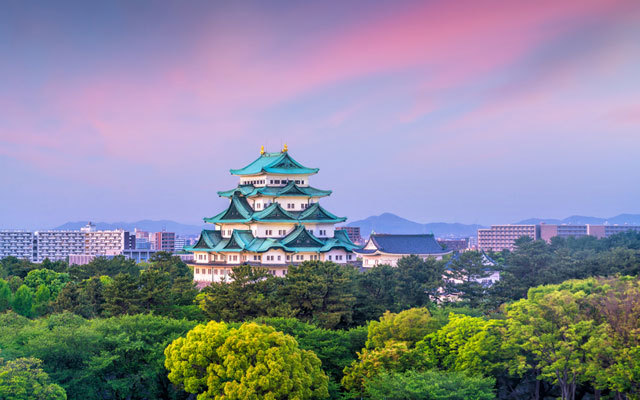Japan will grant entry to expatriates and businesspeople from Singapore and Cambodia from September, as part of the country’s reopening efforts that is expected to provide a small measure of relief to its battered hospitality sector.
Since the start of the pandemic, Japan has tightened entry restrictions, which apply to nationals of 159 countries and regions as of August 30. But in August, it began talks with 16 nations, including Singapore, Malaysia and Cambodia, to discuss resumption of travel.

Singapore and Japan will resume cross-border travel for expatriates and businesspeople under two schemes starting in September. Business travellers will be allowed to move and work within a limited area, and will be confined to their accommodations during their first 14 days of stay.
Cambodian prime minister Hun Sen and Japan’s foreign minister Toshimitsu Motegi have agreed for the two countries to reopen borders for expatriates. Expat arrivals from Cambodia will be granted entry from early September, provided they observe a 14-day self-quarantine period.
In addition, Motegi and Prak Sokhonn, Cambodia’s deputy prime minister, will work towards easing entry restrictions on short-term business travellers.
Japan has also agreed to permit entry to Malaysian expatriates within September, with efforts underway to extend entry to students from Malaysia.
Following the announcements, Japan’s largest travel agency, JTB Corporation, has received numerous requests from businesspeople to travel to Singapore, Cambodia and Malaysia, a JTB spokesperson told TTG Asia. Of those inquiries, customers have asked JTB to handle flight tickets, hotel reservations and local tours, he said.
While Japan’s easing of entry restrictions will likely have limited impact on its wider tourism industry, the move is expected to provide some relief to the struggling hotel sector, particularly in major cities.
Pre-Covid-19, the South-east Asian markets were growing in importance for Japan. However, in July 2020, the country welcomed a mere 10 arrivals from Singapore, down from 21,716 in the previous corresponding period, while less than 10 people entered Japan from Malaysia, down from 22,957 over the same period the year before.
On September 1, Japan Airlines increased its flights to Singapore from two to three roundtrip flights per week between Tokyo Narita and Singapore Changi.




















